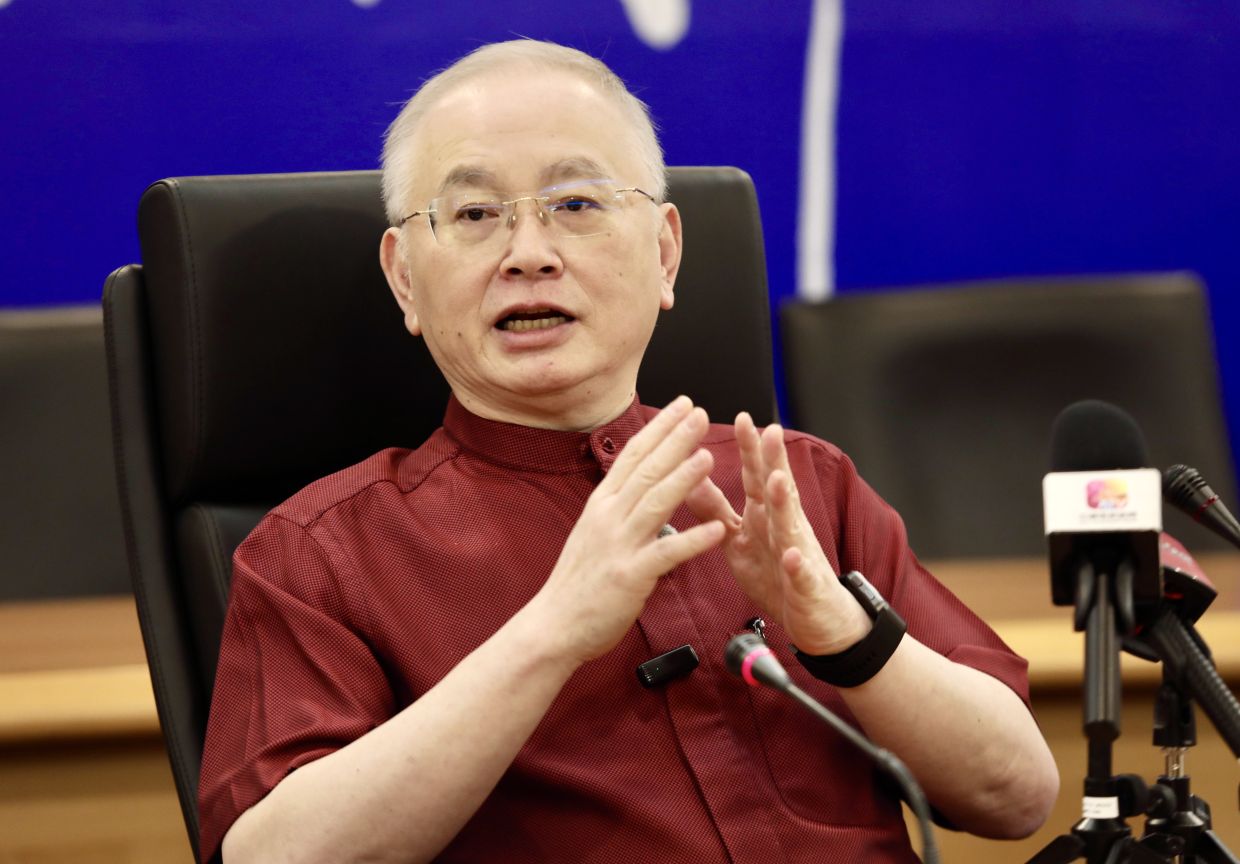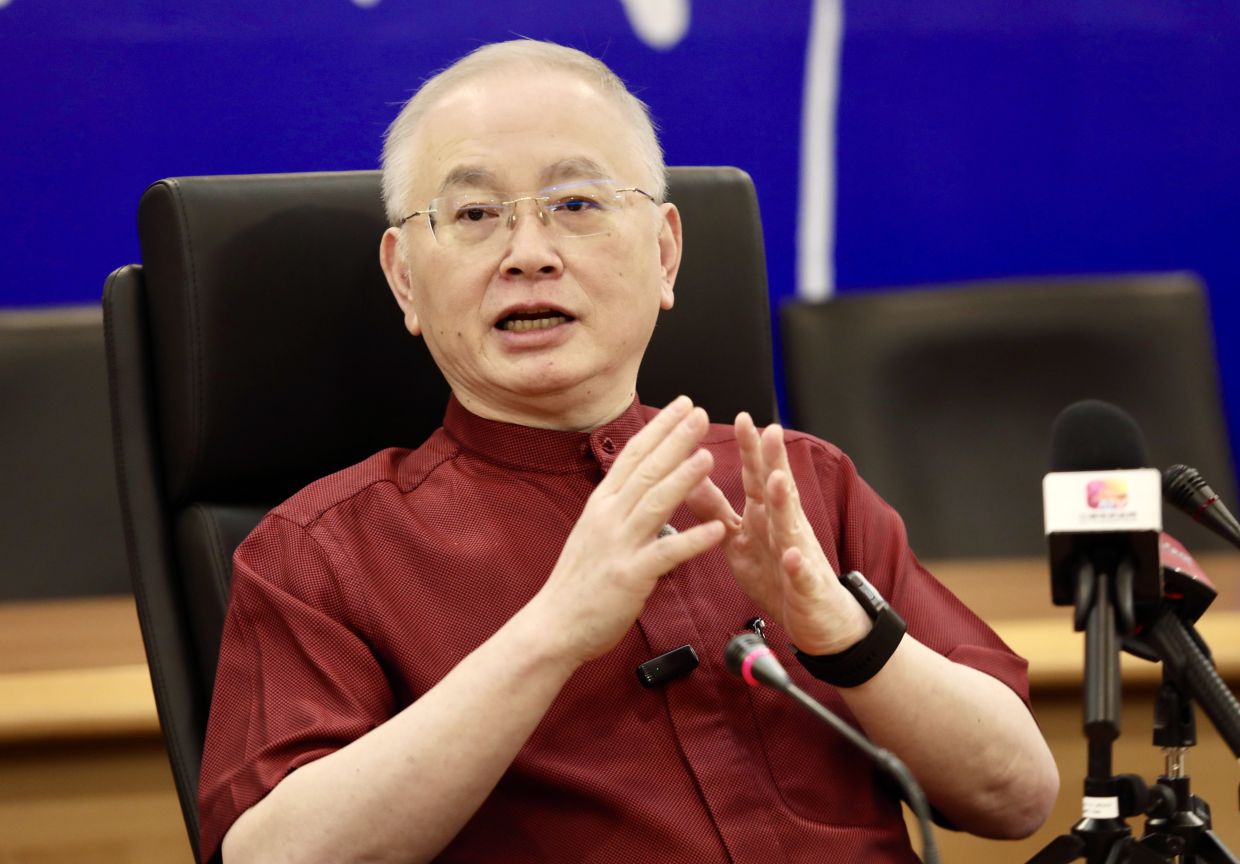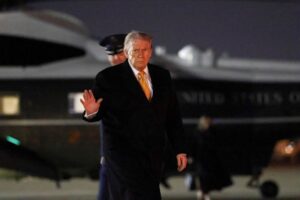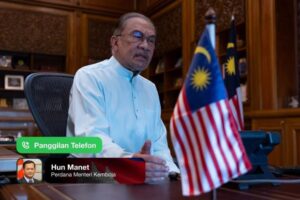
PETALING JAYA: Malaysia’s new trade agreement with the United States, unlike the one Washington signed with Cambodia on the same day, lacks an explicit clause safeguarding national sovereignty, says Datuk Seri Dr Wee Ka Siong.
The MCA president said the difference in wording between Article 51 of the Malaysia-US agreement and its Cambodian counterpart raised questions about Malaysia’s ability to retain independent policy choices in future trade or security matters.
“Why is it that Cambodia can, but Malaysia cannot?” he asked in a video posted on his social media channels.
“The Cambodian agreement states clearly that the country needs only to take corresponding steps if doing so does not affect its sovereignty.
“Ours, however, contains no such safeguard,” he said.
Dr Wee said the agreement was also seemingly lopsided and set to benefit the US more.
The Ayer Hitam MP said Malaysia’s reciprocal trade agreement also states that Malaysia shall adopt or maintain measures with equivalent restrictive effect as the measures adopted by the United States.
This, he said, would mean that Malaysia must follow the US if the country imposes sanctions on China, Iran or Russia, despite those countries being important trade partners.
“This risks undermining our long-standing policy of neutrality and independent foreign relations,” he said in a video uploaded to his Facebook page on Friday (Oct 31).
Citing Article 5.2.1 of the agreement, Dr Wee said that Malaysia must negotiate with the US if intending to purchase satellites or communications technology, which he said could affect Malaysia’s autonomy in telecommunications procurement.
“Under the agreement, Malaysia must consult the US to determine whether a supplier meets the prescribed security standards.
“Given that Washington has banned Chinese firms such as Huawei and ZTE, will UMobile be forced to cancel its plan to use their 5G technology, which is 20% to 40% cheaper than Western alternatives?” he asked.
UMobile has formalised a partnership with Huawei and ZTE to roll out Malaysia’s second 5G network.
The trade deal, Dr Wee said, also appeared to grant broader market access to American companies than to Malaysian firms.
“Malaysia may see tariff relief on about RM22bil worth of goods, but US exports valued at around RM75bil now enjoy priority access to our market,” he said, citing estimates that Malaysia’s actual gains could amount to as little as RM1bil, or just 0.2% of GDP.
He also criticised clauses preventing Malaysia from imposing export quotas on critical minerals, saying they could limit value-added processing at home.
“This allows American companies to buy raw materials freely without investing in local downstream industries,” he said.
He also questioned provisions that require Malaysia to recognise US product certifications, including those by the Food and Drug Administration (FDA), which he said could undermine Malaysia’s own regulators, such as the National Pharmaceutical Regulatory Agency and Jakim for halal certification.
Another clause, Article 6.2, stipulates that Malaysia’s government-linked companies (GLCs), including Petronas, Tenaga Nasional and Khazanah Nasional, must act strictly as commercial entities rather than policy-driven institutions.
Dr Wee said this could restrict their ability to prioritise local suppliers or support national development goals.
“If GLCs give preference to Malaysian companies or projects aimed at strengthening domestic industries, it could be interpreted as breaching the agreement.
“That limits our room to use GLCs as tools to empower local businesses,” he said.
Dr Wee also questioned why the trade deal was signed without public consultation or parliamentary scrutiny.
“Has the entire government agreed to all these clauses? Why was it not tabled in Parliament for debate?
“Malaysia must remain free, neutral and sovereign in charting its own economic future,” he added.
The Malaysia–US Agreement on Reciprocal Trade was signed in Kuala Lumpur on Oct 26, the same day Washington concluded a parallel deal with Cambodia.
Framed as a market‑opening pact, it aims to cut or cap tariffs, ease non‑tariff barriers, speed customs and digital trade, strengthen IP and labour standards, and deepen cooperation on supply‑chain security and sensitive technologies. It also sets expectations on export‑control and sanctions alignment, treatment of state‑owned enterprises and recognition of certain US certifications.





